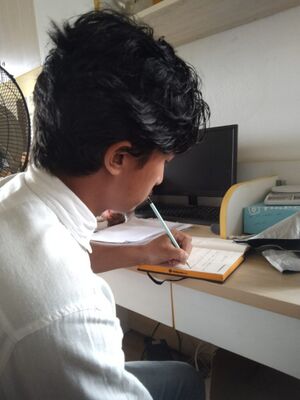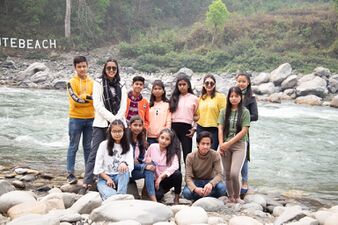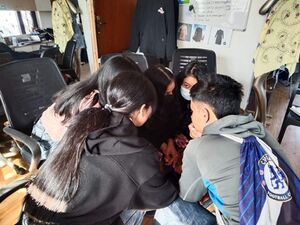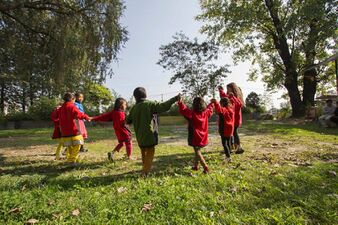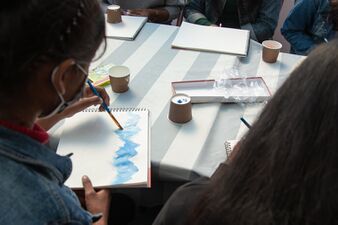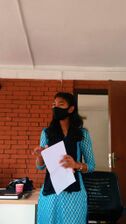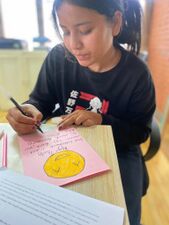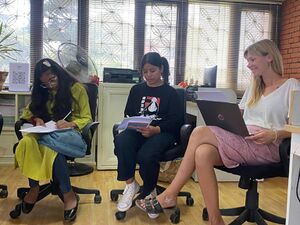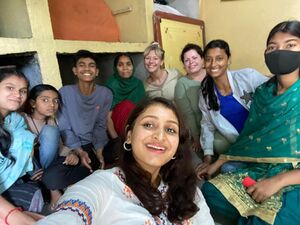Hakuna Matata - capacity building
| Organization | SAATH (Social Service Awareness Raising and Advocacy for Tranquility and Humanity) |
|---|---|
| Region | Nepal |
| Website | Website |
| N/A | |
| ProjectLeader | SAATH Official |
| Linked Problems & Solutions
|
|---|
Hakuna Matata program is a five-year-long program for marginalized children of the age group 12-17 belonging to low-income families and ethnic minorities from the slum areas of Kathmandu. Due to the lack of education and overall personality and capacity development activities, Hakuna Matata program will help the children develop social and communication skills, higher-order thinking, positive identity, and better future beliefs and emotional skills during their monthly workshops over 5 years.
Challenge
In Nepal the school dropout is high. The government's economic survey 2021 shows that only 29.2 % of the children will finish grade 12. There are numerous reasons for the high dropout rate, like the poor public educational system, parents' illiteracy, and lack of a good healthy learning environment. The children who are undermined come from low-income families and live in rented slum/marginalized areas in large families sharing one room. They have limited, to no access to basic resources.
Long-Term Impact
In the long run, the project will have increased the children's personal, social and academic capacity. The aim is to strengthen the beneficial resources and confidence so they can achieve sustainable development goals and ensure that they have access to quality education. There are 11 direct beneficiaries and 55 indirect beneficiaries who will have benefitted from the program. On completion of the program, the children will be able to think out of the box in their personal and professional life
References
- http://saath.org.np/
- http://saath.org.np/haku/
- http://saath.org.np/blog/
- http://saath.org.np/wp-content/uploads/2021/09/HakunaMatataStrategy_2020-2023_Aug2021.pdf
Additional Documentation
http://saath.org.np/wp-content/uploads/2021/09/HakunaMatataStrategy_2020-2023_Aug2021.pdf
Project Gallery
